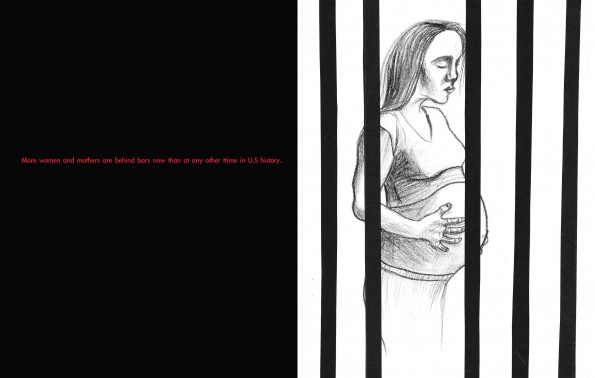In Britain, Young Prisoners Resort to Bartering for Fresh Fruit…
When I wrote about prison food in December, I had no idea that a lot of other people were also interested in the topic. Given that this is the case, I will continue to write about the history and current incarnation of prison food.
Today, Fox News reports that the food in British youth prisons is so terrible that young prisoners are resorting to bartering for fresh fruit.
Fresh fruit is in such high demand in Britain’s youth detention facilities that teenage inmates treat it like a currency, a charity claimed Monday.
The food served in the UK’s Young Offenders Institutes is of such poor quality that bags of fruit sold in prison shops are in such high demand that inmates are being bullied into buying them and handing them over to older criminals, said The Howard League for Penal Reform.
“Hungry children in prisons told us they bully each other for an apple — yet we know that food is a foundation for success, with studies repeatedly revealing a significant link between diet, behavior and academic performance,” said Frances Crook, director of the charity.
This is an indictment of these institutions and a violation of basic human rights. The prison authorities in the UK should be challenged on this.
Here’s more from the report:
It conducted interviews with over 50 young offenders aged between 15 and 18 across three institutions and consulted a youth offending team. Weekly menus from nine facilities were also examined, and it was concluded that the prisons were not spending enough on food for inmates.
“We’re feeding our most troublesome children with high-calorie, low-nutrient food that we know will make their behavior worse and put their health at risk,” Crook added.
A Ministry of Justice spokesperson told NewsCore, “We ensure that the food provided to young people is balanced and meets nutritional guidelines,” adding that the establishments were inspected regularly by education and prison watchdogs and that neither body raised any concerns over the quality of food.
This statement from the Ministry of Justice spokesperson has a “Bagdad Bob” feel to it for me. It doesn’t pass the smell test. Others need to follow up with more investigations of this matter.






